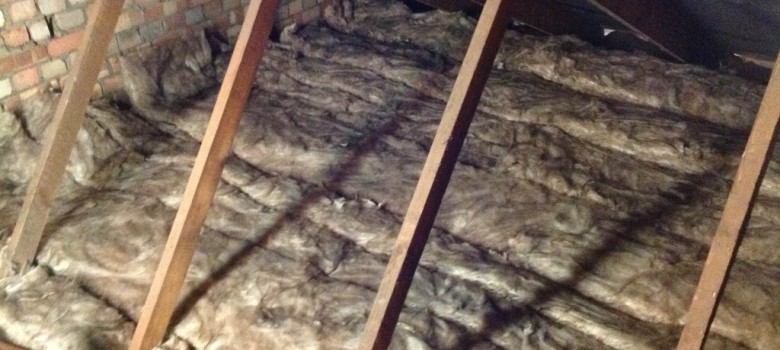
Energy saving measures like double glazing, insulation and even new boilers are not cheap. Here we want to explain all the different schemes that can help you to get this sort of thing installed before the cold weather sets in.
The Green Deal
This is the Governments flagship energy saving scheme – it basically leverages the energy savings produced from energy saving measures to help cover the upfront cost of installing them.
Imagine for example installing loft insulation, this should help reduce your energy bills, since less heat will escape through the roof. If this saved £100 a year, the Government will offer you this £100 for each year they expect the measure to be in place (25 years for insulation products, 12 years for boilers and heating controls). This means for loft insulation, in this example you would have £2,500 available to install it.
The major thing to bear in mind is that this is not a grant – this is finance, you will be paying back the cost of the measure through your energy bills based on the estimated savings the measure is expected to make in your home.
Pros
- It minimises the upfront costs of getting energy saving measures installed
- You can be sure any installer is fully certified and all the works carried out under the scheme come with substantial warranties if anything were to go wrong.
- There is no means testing – the Green Deal is open to almost everyone, although you do need a credit score above 620.
Cons
- You need a Green Deal approved installer to carry out the works which limits who you can pick from
- It is not a grant – the Government are trying to move away from giving out free money.
To learn more about the Green Deal, please click here.
Green Deal Home Improvement Fund (GDHIF)
This first launched back in June and due to its popularity it shut just 12 weeks later once homeowners had burned through £100m in grant funding. Put simply it can be viewed as the grant element of the Green Deal scheme.
Again this was open to everyone, however the measures you could take were limited – and if you couldn’t install solid wall insulation, you would need to install two measures to benefit.
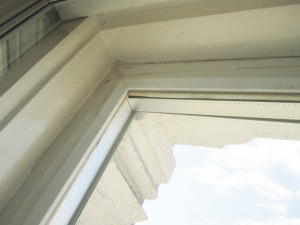
Windows are a qualifying measure for cashback, but you will have to get another measure installed as well to get the payment.
The grant allowed homeowners to get £7,600 of grants towards increasing the energy efficiency of their home. £6,000 towards solid wall insulation, £1,000 for taking two other measures of another approved Government list, £500 if you lived in the house less than 12 months and had taken out either of the offers above and a final £100 towards the cost of a Green Deal assessment.
It was announced earlier this week that the Government are going to relaunch the scheme in November with another £100m of funds. It is unknown at present what will be the conditions for the scheme, but you can check back to our GDHIF page, which will be updated as soon as we have word on the changes.
Pros
- This is a grant – the money is free and it is available to all homeowners
- It will help cover the cost of energy saving measures including insulation, heating systems and double glazing.
Cons
- If the last time the scheme went live is anything to go by, the money will go extremely quickly!
- Although we don’t know for sure, we are assuming you are going to need to take a number of measures to be eligible for the grant which is difficult if you are just simply looking to replace your boiler.
To learn more about the GDHIF please click here.
The Energy Company Obligation (ECO)
ECO has now been running for a couple of years and since its launch has seen 100,000s of homes insulated with loft and cavity wall insulation as well as brand new energy efficient boilers.
ECO tends to work hand in hand with other schemes to allow the installers to still offer the works for free to the homeowner.
If you have ever had anyone knock on your door and offer you free insulation – chances are that this would be carried out under the ECO scheme. The money comes from the energy companies (hence the name) who ‘buy’ the carbon saved from installing these measures from installers.
Unfortunately, the rates that the energy companies are buying the carbon at are going down all the time which means many installers can simply not make the numbers work. Having said that though, the scheme has been extended to 2017 so there should always be money available.
Pros
- Like GDHIF this is a grant
Cons
- In the majority of cases ECO is means tested or based on the area that you live in.
- It tends to be limited in scope – only really paying for cavity and loft insulation and boilers in some cases.
To learn more about the GDHIF please click here.
Council Grants
Now these are a bit hit and miss, but we do occasionally have a bit of luck getting money from the local councils to help vulnerable people pay for energy saving measures to be installed, particularly heating systems where without them the house would be cold.
The chance of getting these grants obviously depends on your council and their position on such matters, but there is no harm in giving them a call and seeing if they can do anything.
Pros
- If you are desperate, the council will normally be obliged to help, although it may only cover half the cost of the works.
Cons
- Tends to be a bit hit or miss and can often depend how generous the particular person you are speaking to feels on the day!
Winter Fuel Payments
If you are aged 62 or over, you are likely eligible for the winter fuel payment of between £100-300. This is a payment made straight to you usually in November or December to help cover heating costs. The amount you get will vary according to your age and whether you are on other benefits. You can find out more by going to the government’s list of criteria here.
Pros
- Everyone of pension age is eligible and you can use the money for whatever purpose you like, including obviously paying your heating bill!
Cons
- It is only a small one off payment and younger people are not eligible.
Warm Home Discount Scheme
The Warm Home Discount is a reduction on your electricity bill for those on Guarantee Pension Credit. This year that amounts to a £140 discount. This is purely for those on this specific benefit, although you can ask your energy company if you would like to apply but are not on pension credit. Sometimes the energy company will offer the discount to others outside of this group. Find out more here.
Pros
- Helps pensioners further on their energy bills.
- Targeted specifically on energy bills instead of a cash handout.
Cons
- Not available to some hard up households because of the criteria.
- Some smaller energy providers like Good Energy do not participate in the scheme.
Cold Weather Payment
This is a payment made to eligible persons from the 1st November each year until the end of March. If there are 7 consecutive days where the temperature dips below freezing, you will receive the payment of £25. This is done on a local basis, so some areas will receive many payments during the winter, whilst others will receive less.
There are a range of vulnerable people eligible for the scheme, including those on pension credit, income based jobseekers allowance and ESA, Income Support and Universal Credit.
Pros
- Helps vulnerable people heat their homes when they most need it.
Cons
- There can be a very cold period with 1 day above freezing in between and you will not get a payment.
Think we missed something? Do you have a different opinion?
Comment below to get your voice heard…
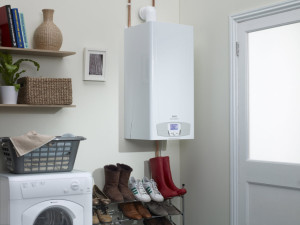
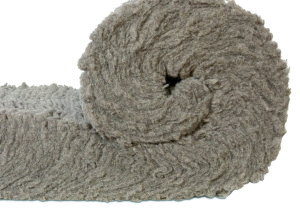



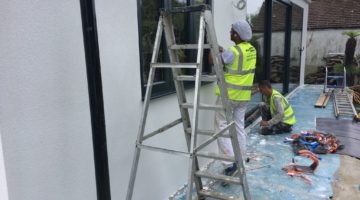
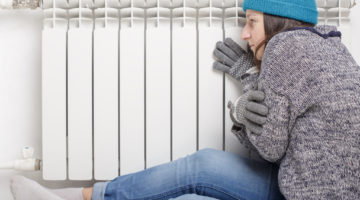







Really useful tips. thanks for sharing.